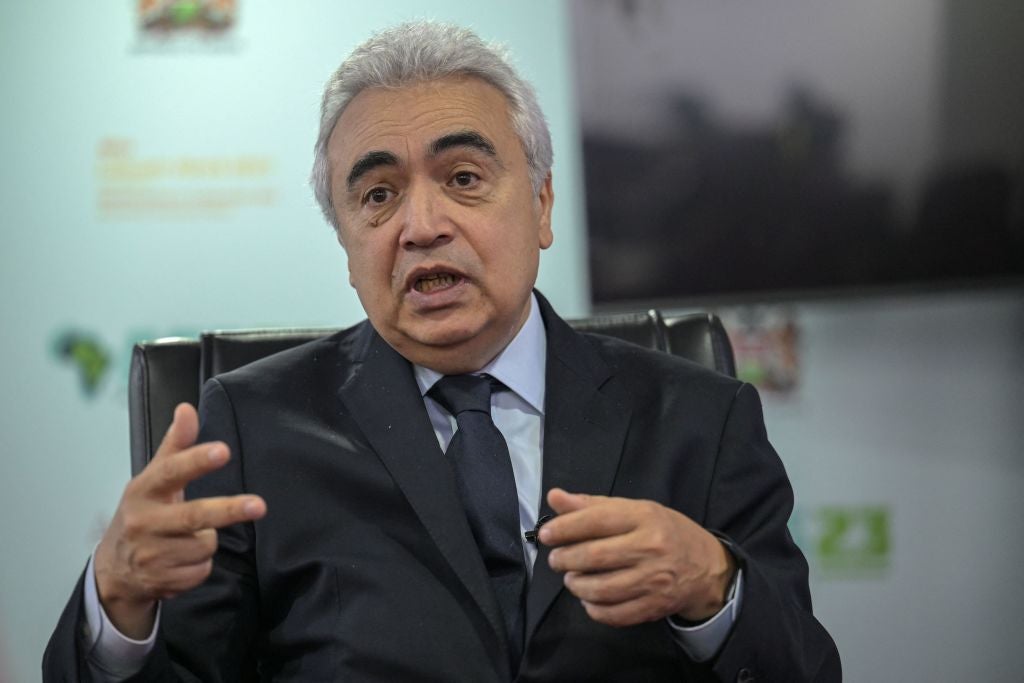
NAIROBI – Doubling energy investment in Africa will require “urgent action” to bring down financing costs and boost access to capital, according to a new report.
The report – which was published on the same day (6 September) that 30,000 delegates gathered for the conclusion of the first-ever Africa Climate Summit in Nairobi, Kenya – has been produced jointly by the International Energy Agency (IEA) and the Africa Development Bank.
It details how Africa receives just 2% of global clean energy spending despite holding almost 20% of the world’s population. Energy investment must double by 2030 for the continent to meet its energy access and climate goals, with nearly two-thirds going to clean energy.
Africa suffers from both real and perceived financial risks, says the report, and the cost of capital for utility-scale clean energy projects in Africa is two to three times higher than in advanced economies.
Concessional finance from development finance institutions and donors from wealthy countries should serve as a “crucial catalyst” to unlock investment, says the report. It adds that concessional finance of $28bn is needed to mobilise $90bn per year in private sector investment by 2030 for Africa to be on a sustainable development pathway.
With 40% of Africa’s population without electricity, and 70% without access to clean cooking fuels, authors of the report also determine that by 2030 some $25bn of investment in energy access will be required per year to ensure energy access for all.
Twenty-five billion dollars represents a “dramatic increase” compared to today’s energy access spending, but it still only represents the cost of a single LNG terminal.
“The African continent has huge clean energy potential, including a massive amount of high-quality renewable resources,” said IEA Executive Director Fatih Birol. “But the difficult backdrop for financing means many transformative projects can’t get off the ground.”
Africa Development Bank President Akinwumi Adesina added: “The current shortfall in clean energy investment in Africa puts at risk the achievement of a host of sustainable development goals.
“This report, which makes a compelling case for Africa to receive a bigger share of global climate financing, serves as an informative tool for policymakers in Africa, while best practice cases from the African Development Bank provide valuable insights for developers and capital providers.”
Climate finance and boosting action was a major theme at the African Climate Summit, with the cover text of the Joint Declaration from African leaders published at the end of the summit calling for an “acceleration of the on-going initiatives to reform the multilateral financial system and global financial architecture”.
“Turbocharging a just and equitable green transition — while supporting development more broadly across Africa — requires a dramatic course correction,” said UN Secretary General António Guterres on the second day of the summit.
“This means ensuring an effective debt-relief mechanism that supports payment suspensions, longer lending terms and lower rates.
“It means re-capitalising and changing the business model of multilateral development banks so they can massively leverage private finance at affordable rates to help developing countries build truly sustainable economies.”




